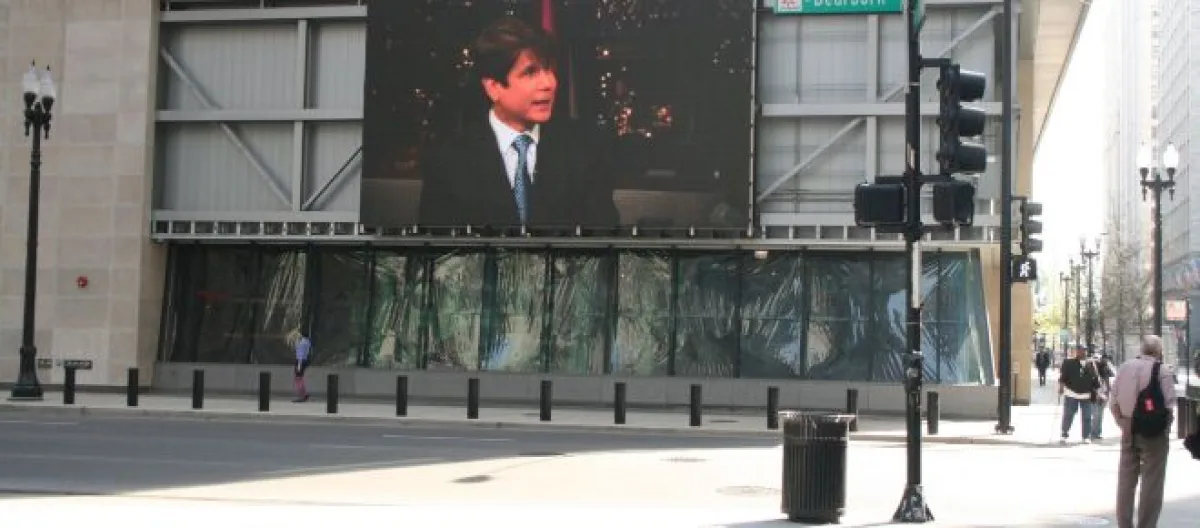Former Illinois Governor Rod Blagojevich garnered international headlines recently after receiving a commutation of his sentence from President Donald Trump. The former governor was convicted on corruption charges in Illinois that culminated in a 14-year sentence that was cut short by the president’s commutation, which came amidst general reporting that the White House was considering pardons for some of the president’s political allies.
While Blagojevich is currently freed from his prison sentence thanks to President Trump’s commutation, the former governor of Illinois is still facing serious legal troubles. According to NBC Chicago, for instance, a panel for the Illinois Attorney Registration and Disciplinary Commission is considering whether to strip Blagojevich of his Law license. Currently, the former governor could technically still practice law in Illinois, but legal practitioners regularly have their licenses stripped in instances of dubious ethical wrongdoing or violations of the law.
Blagojevich was represented by his lawyer Sheldon Sorosky, while opposition lawyer Christopher Heredia argued that Blagojevich’s conviction on corruption charges speaks to his inability to keep practicing law in Illinois.
'Political prisoner'
Blagojevich’s incendiary commutation garnered both international news coverage and domestic scrutiny. For example, an incendiary interview with Blagojevich on CNN saw journalist Anderson Cooper vehemently criticize the former governor. Cooper disputed the governor’s insinuation that he was a “political prisoner,” a term usually reserved for political dissidents, activists, or journalists who are imprisoned by authoritarian regimes. Saying that it was “nuts” to call yourself a "political prisoner" after being convicted of corruption, Cooper notably called Blagojevich’s statements “bullsh*t.”
Coopers rebuttal of Blagojevich’s statements and the efforts to strip him of his law license stem from the same conviction; Blagojevich has long maintained that he was the victim of a political witch hunt, and rather than apologizing for the behavior that resulted in his conviction, he has argued that he’s effectively innocent.
Both Cooper and the attorney arguing against Blagojevich’s ability to keep practicing law insist that his inability to apologize and claim responsibility for his actions is unbefitting of a former public servant.
Roger Stone conviction
President Trump’s decision to commute the sentence of Blagojevich garnered coverage as it came at the same moment that the president was reportedly considering pardoning Roger Stone, a close political ally of his. He was found guilty on seven charges stemming from Special Counsel Mueller’s investigation into Russian interference in the 2016 presidential election.
